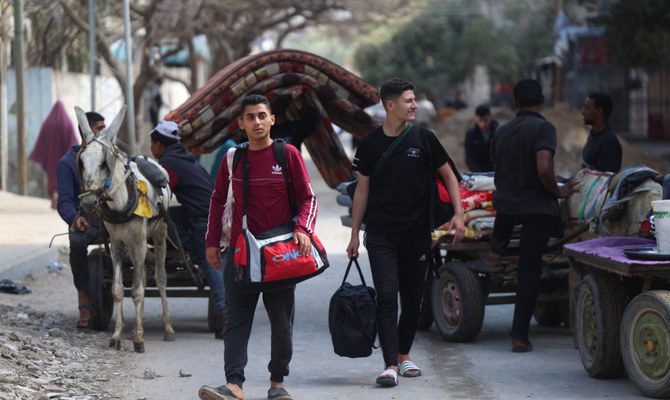
The HIV epidemic is driven by stigma and inequality. This World Aids Day, as the government publishes its roadmap to ending new HIV transmission in England by 2030, we celebrate its commitments, but wonder if it’s enough while these social barriers remain.
With the right action and commitment, ending new HIV transmissions in this country is possible by 2030. Certainly, the £20m of new funding towards opt-out testing in A&E departments will bring us much closer to that goal. Routinely testing for HIV alongside other blood tests is one of the most important ways of identifying people who may not realise they have been at risk of HIV, and so do not actively seek out a test. It will help prevent unnecessary illness and death and bring us closer to ending the epidemic.
Other commitments, to explore the provision of the HIV prevention drug PrEP outside sexual health services, to improve NHS training to tackle HIV stigma, and to report annually on progress towards 2025 and 2030 targets, are each a further substantial step in the right direction. While these actions will make a real difference, if we fail to address structural inequality and wider health disparities head on, we will fall at the final hurdle.
HIV has long been perceived as a condition that typically affects cisgender gay and bi men. The truth is more complicated. While it’s true that this is one of the communities hit hardest over the last 40 years, it is also the group that has made the most progress, with rates among gay and bisexual men at their lowest in 20 years. Since our organisation successfully challenged NHS England in court to make PrEP available for free on the NHS, the use of this HIV prevention drug has grown rapidly among gay men, particularly in London. This is important, but we will never beat this pandemic if we don’t make progress for everyone – and the story of HIV must not be one in which other groups are left behind.
The Covid-19 pandemic has provided further vivid evidence of the extent to which health inequality experienced by Black and other minority ethnic groups is baked into the health system. This structural racism has always been a visible and integral part of the HIV story. Black and other minority ethnic groups comprised 74% of heterosexual people receiving HIV care in 2018 in the UK. To be successful, any interventions aimed at ending transmissions need to involve and be tailored towards these groups. For example, Black heterosexual people are less likely to access sexual health services, the only setting where PrEP is currently available.
The situation is compounded for migrants living with HIV, especially those already marginalised due to their asylum status or without recourse to public funds. The practice of charging migrants for medical treatment, alongside fears of the NHS sharing data with the Home Office, deters people from engaging with the healthcare system. National Aids Trust research has shown that many migrants fear engaging with health services due to the potential impact on their immigration status or fear of being charged bills they cannot pay. Despite HIV services being free for all, these policies have been shown to lead to late diagnoses, as people avoid engaging in care.
The trans community also continues to experience high levels of HIV and poor sexual health. Not only is there a dire lack of funding for trans-specific healthcare, but this situation is exacerbated by the discrimination that trans people experience. We know that across the globe, marginalisation and exclusion are drivers of HIV, even in places where rates are declining overall.
And there must be the political will to tackle challenging issues around drug use and harm reduction. Instead of drawing on mounting international evidence that harm-reduction interventions, such as needle exchanges and drug consumption rooms, save lives, this government is stubbornly pursuing a failing punitive agenda. These services provide safer and supervised environments, which benefit both people who inject drugs and local communities, reducing deaths and the transmission of blood-borne viruses such as HIV.
Forty years ago, the first cases of HIV were diagnosed in the UK. We have come a long way since then. In countries where treatment is available, a virus that was once a death sentence has become a manageable condition. People living with HIV, provided they have access to the medication that they require, share the same life expectancy as the general population. Overall rates have continued to decline and in the UK, for the first time, the end of the epidemic is truly in sight.
A genuine commitment to “levelling up” and ending health disparities must include wider access to PrEP, increased testing and action to tackle stigma. But HIV cannot be treated in isolation. If we really want to see the end of transmission by 2030 then we need a more expansive, holistic and integrated approach. If we do not tackle inequality we will see this reflected in the experiences of people living with HIV, and the task of ending the epidemic will continue to be forestalled.
Deborah Gold is chief executive of the National Aids Trust












